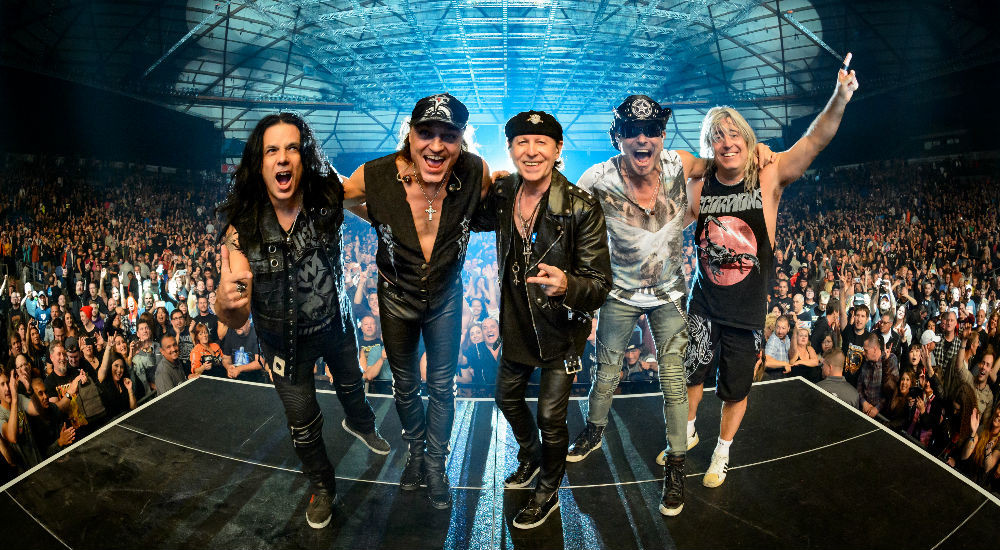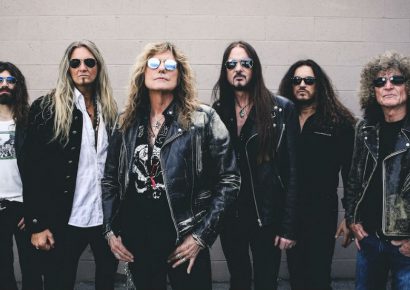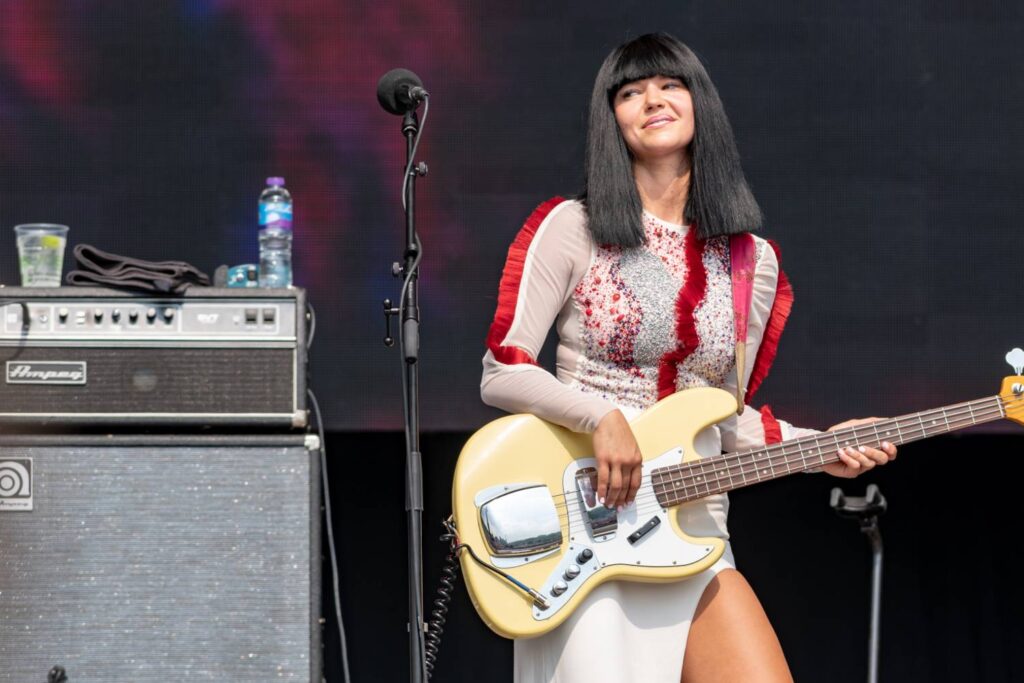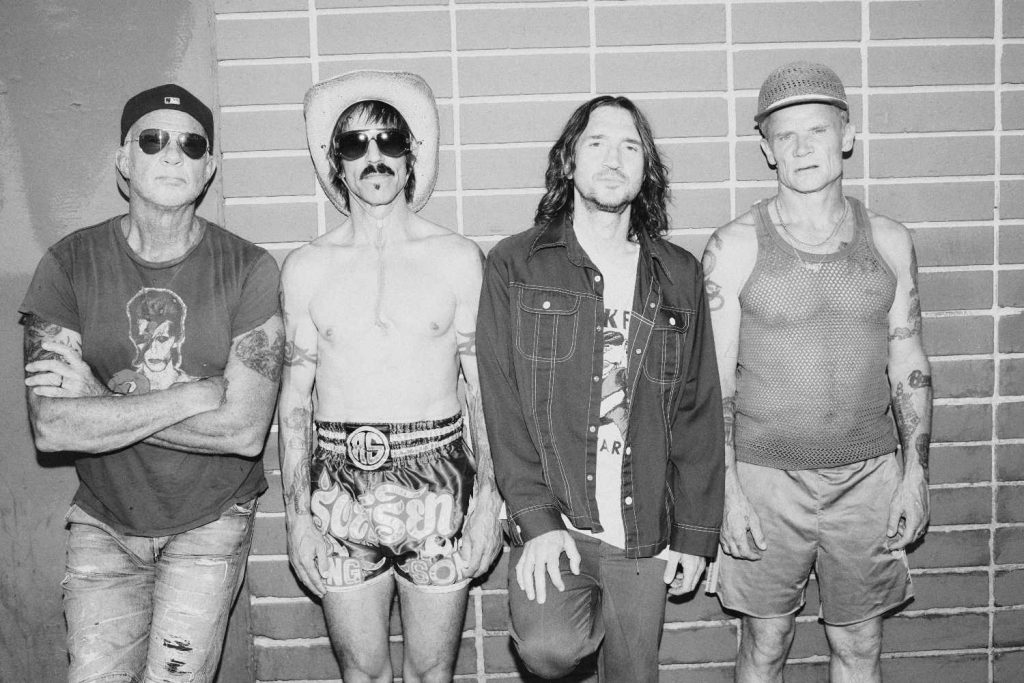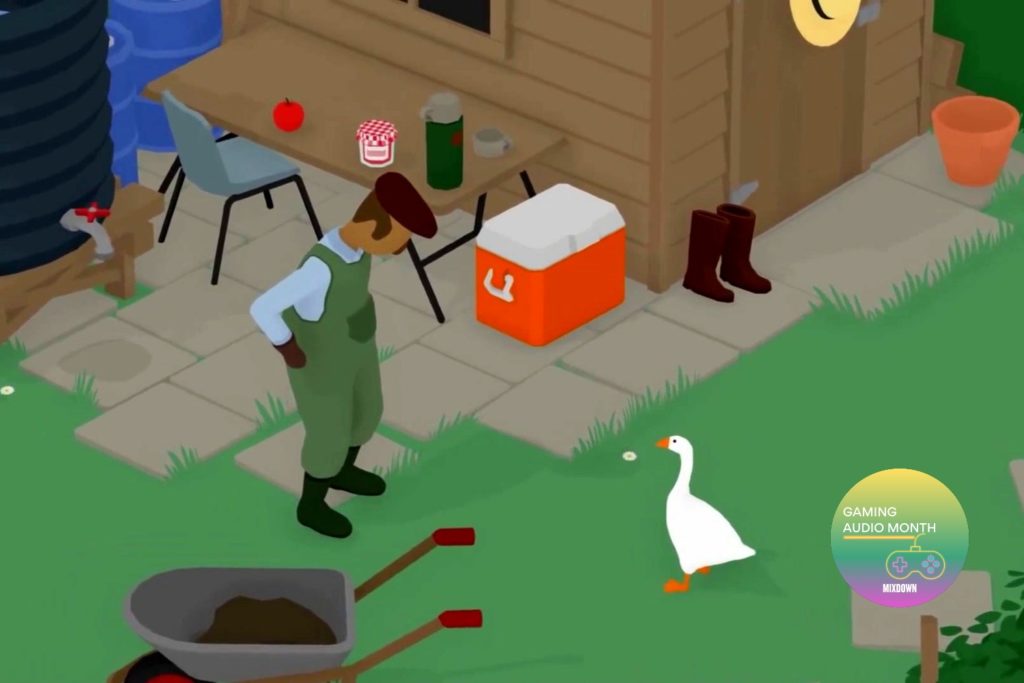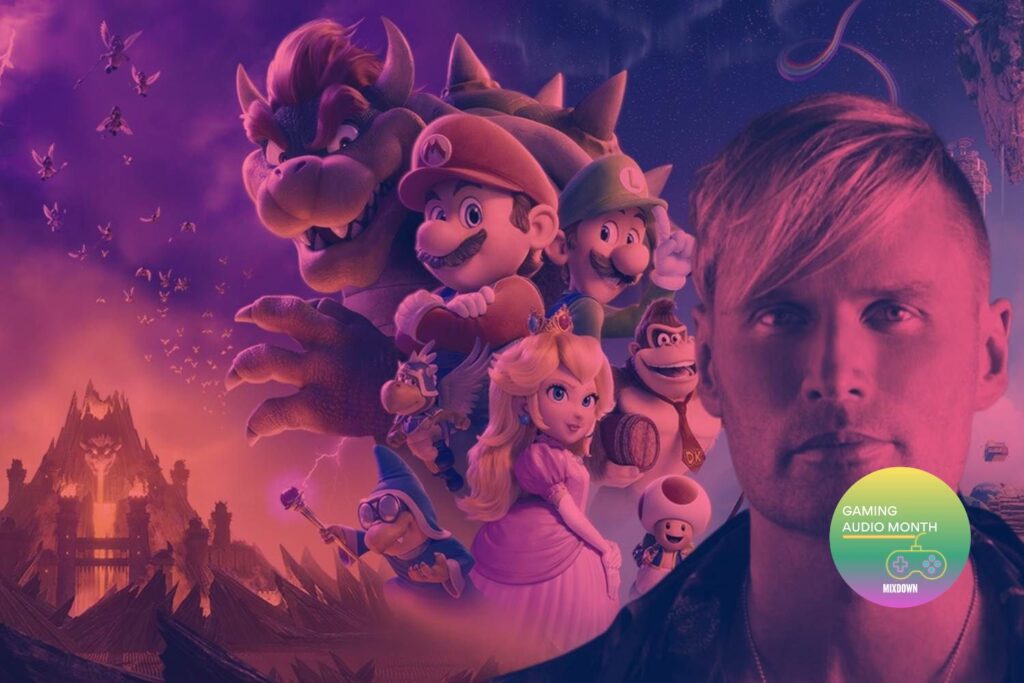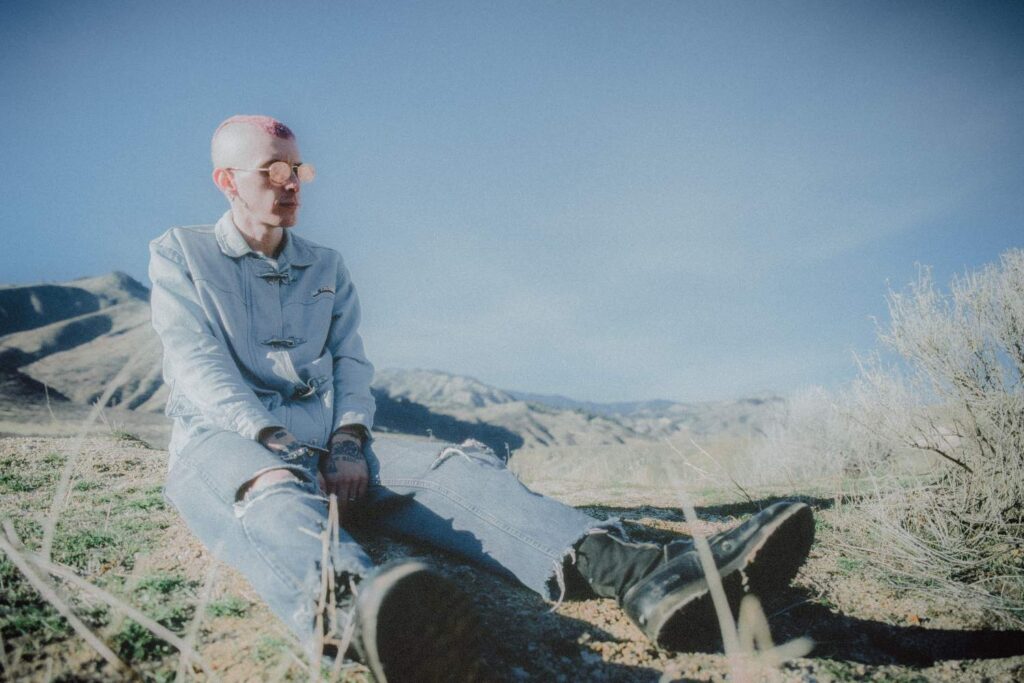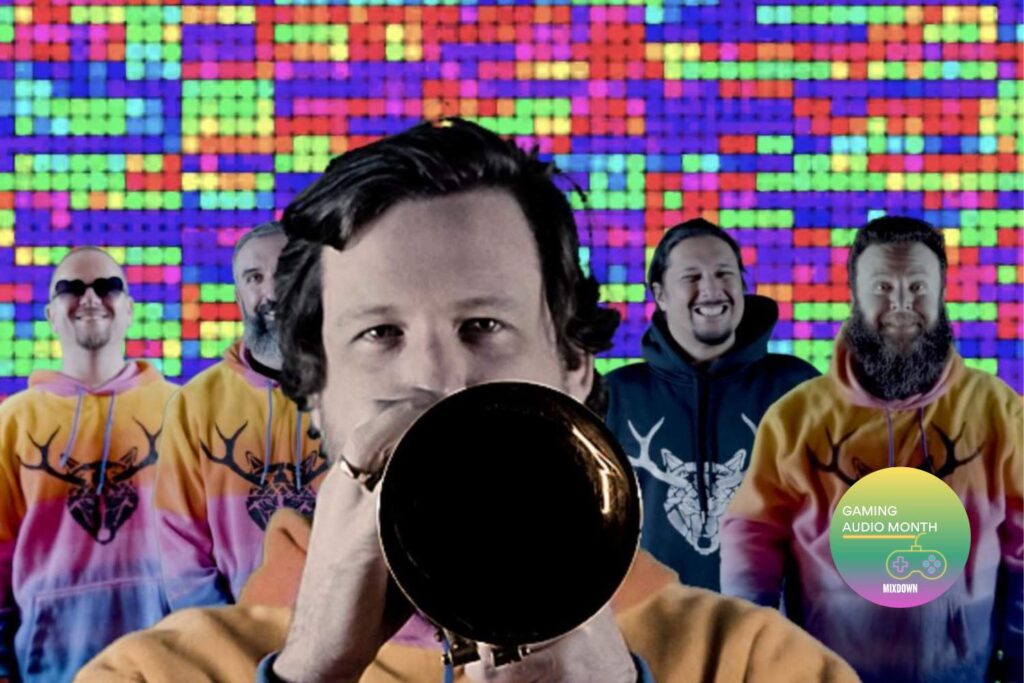The five-piece, perhaps best known for their 14-million-selling, 1991 power ballad ‘Wind of Change’, will have been on their ‘Crazy World’ tour for close to three years by the time they arrive for shows in Melbourne, Sydney and Brisbane on 19th, 22nd and 24th of February respectively.
Founder member, 71-year-old rhythm guitarist Rudolf Schenker, can’t wait to reconnect with fans here, speaking of previous visits and chances to reconnect with the enthusiasm and vitality of someone a third of his age.
“We’re coming back because we love it so much,” he says. “I remember that in 1992 we had a fantastic offer to go to Australia, but my friends were so tired from touring after one and a half years on the road with the [original] ‘Crazy World’ tour, and we had a number one or number two hit in Australia with ‘Wind of Change’, and I said, ‘let’s get this done’. But we were tired and people couldn’t be convinced, and now we have the possibility.
“In 2016 we played some shows there with Def Leppard and we had a great experience there. That was the reason we said to our agents that before we go into the studio to make a new album, we would like to do another tour in Australia to heat up the market, then the offer to go and co-headline with Whitesnake came up.”
The two bands make perfect sense as co-headliners, having known each other for decades and recently having played monumental festivals together.
“We played with Whitesnake already this year in Brazil”, Schenker says. “We played Rock in Rio with the Chili Peppers, Iron Maiden, Muse, Imagine Dragons and our friends Bon Jovi, and [the festival] voted us the best act in Rock in Rio for 2019! That’s pretty good for a band that has been on the road for over 50 years.”
Founded in 1978 by former Deep Purple singer, David Coverdale, Whitesnake arrive in Australia on the back of the release of thirteenth album, Flesh & Blood, released in May. It’s been 12 years since they last played here.
“We get on so well together with Whitesnake as we have been friends for years,” Schenker says. “They are great people. I remember, in the old days, the headliners would try to fuck over the openers because they were afraid they would be better than them. Our way is different. We want to be the best; there’s no question about this, but we are friends and our bands, Whitesnake and Scorpions, have a crossover in fanbase. In the end, we have the possibility to convince the audience that the whole night was a great package and send them home happy. It needs to be the whole evening, the whole show, all the bands being fantastic. In the old days, rock and roll was a rough and tough kind of music, but, these days, David Coverdale is a gentleman onstage.”
‘Wind of Change’, which describes the breakdown of the former USSR and the fall of the Berlin Wall, became, for millions, the political anthem that accompanied the reunification of Europe after 50 years of division. Schenker sees it differently.
“’Wind of Change’ became the soundtrack to the most peaceful revolution on earth”, he says. “But we didn’t see the song as a political statement; we saw it as a human being statement or a statement of hope. We hope that people – human beings – can find a way to live together in peace. As our planet becomes smaller and smaller, we need to have the right way to bring people together and not against each other. The reason we are on the ‘Crazy World’ tour now is like when we were on the ‘Crazy World’ tour 30 years ago. Then, it was crazy in a positive way, with the Berlin Wall coming down and two big worlds coming together and making some peaceful decisions, but now, we are looking at a crazy world in a more negative way. We are always two steps forward, one backwards.
“In the ’60s and ’70s we started travelling around the world to show people that Germans weren’t bringing war; they were bringing love, peace and rock and roll. That’s the reason we were one of the first rock bands to play in Russia; to show people that music is a very important part in life. Mozart said, ‘What would be the world without music?’ and he is right. Music is the best communication you can have.”
The permanent addition of former Motörhead drummer Mikkey Dee in 2016 provided a welcome shot in the arm after James Kottak’s dismissal for alcoholism. The band’s live performance has benefitted in new and unexpected ways, Schenker says.
“We were fighting very hard to get James back into the band,” he says. “We were hoping that we could keep him in the band, but after bringing him into a rehab kind of place to get him away from drinking, people were telling us that he needed more time than we could give him. Matthias [Jabs – lead guitarist] said that Motörhead had been friends with us since they opened for us in 1974 in Blackburn, England. When we got the star on the Hollywood Walk of Fame, they were there and we became friends. When Lemmy was very sick, I went to his dressing room to see him and I congratulated him for 40 years of Motörhead being together, and he congratulated me for 50 years of Scorpions being together. We were close, and when Lemmy died around Christmas, Matthias had the idea to ask Mikkey Dee. I called him, and he has always been a Scorpions fan.
“I can tell you, when Mikkey Dee was on the drums during our first rehearsal, I had to kick my ass again because it was a very strong attack he takes and he makes me a more effective rhythm guitar player. The right riff with the right edge is the way I play, and this is the way he plays his drums. We always have fun when we play every show. It’s fun to be onstage and kicking each other’s ass – people can see that and they are impressed. They can see that, even though those fucking bastards are 70 years old, they’re still rocking like a hurricane!”
Scorpions are playing three huge arena shows with Whitesnake next month in Brisbane, Melbourne and Sydney. Head to Live Nation to grab your tickets today.
